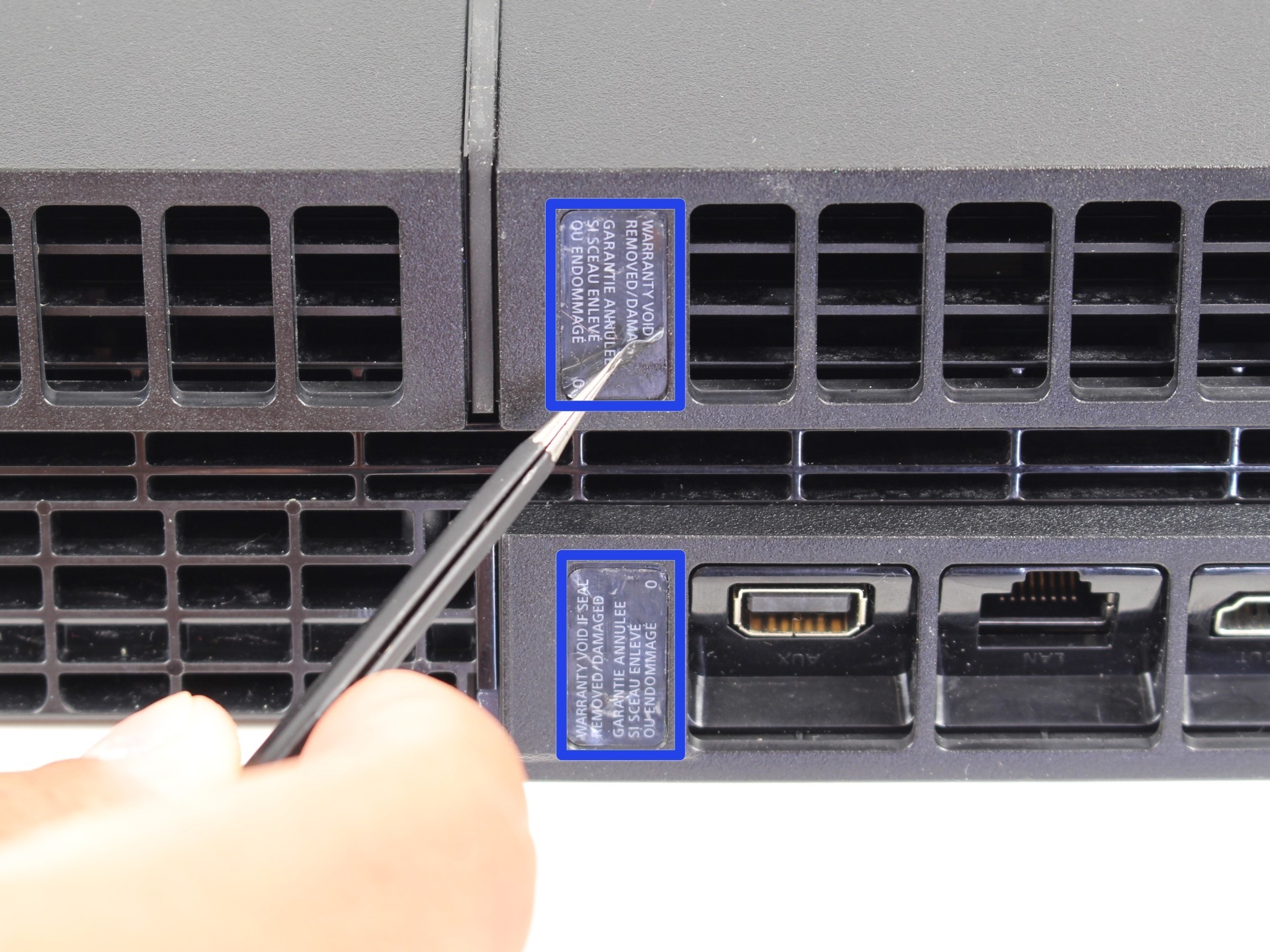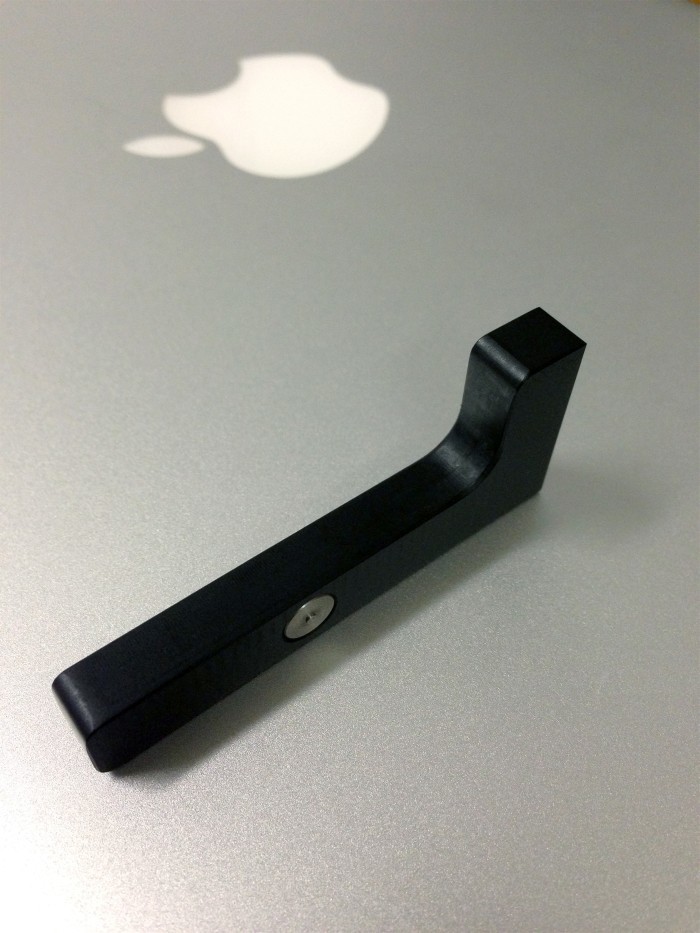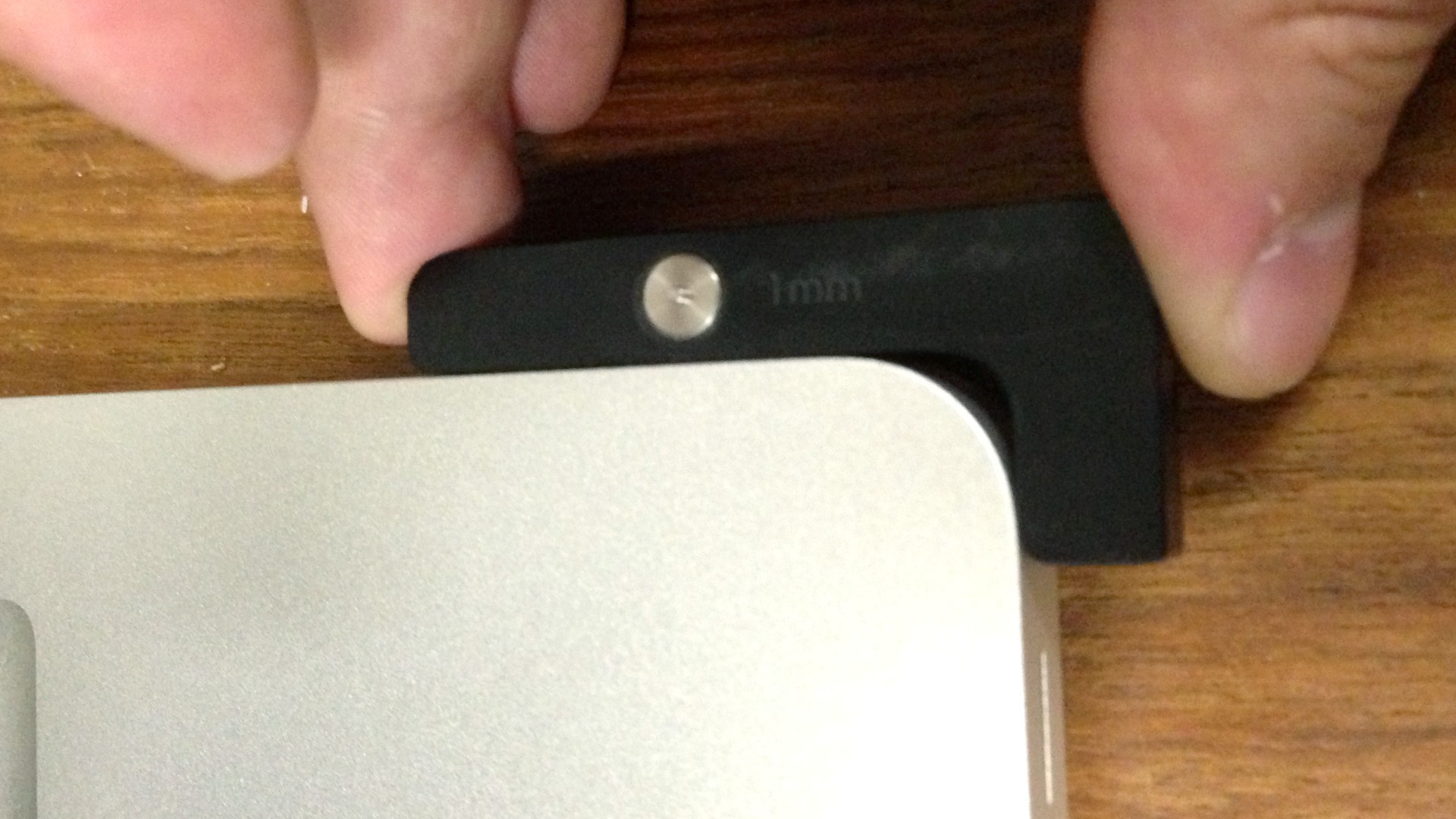Manufacturers in the United States do not have the right to refuse warranty after removing the warranty label. What is in Russia?

One of the four protective stickers on the PlayStation 4. Photo: iFixit
Manufacturers and sellers of electronic gadgets are trying in every way to prevent self-repair of electronic equipment. They install various stickers and warranty seals on computers, laptops, game consoles and other devices that prevent opening the case. On smartphones, such stickers are often not available, but employees at service centers are specially trained to look for physical signs that they have been opened — dents and bulges on the edges of the case — and on this basis are denied service. Apple even produces a special tool Dent Inspection Tool to search for such microvmyatin on the body.
How legitimate is this practice?
Major manufacturers like Sony, Microsoft and Apple specifically indicate in their official warranty service agreements that self-repairing the device (or repair from third-party specialists , and not at branded centers) violates the conditions of warranty service and removes the device from the warranty.
')

Tool Apple Dent Inspection Tool for searching microvmyatin on the body

Dent Inspection Tool
For the US, the answer is unequivocal : such conditions of warranty service are absolutely illegal. All large corporations violate the federal law Magnuson-Moss Warranty Act , adopted in 1975. Surprisingly, even among Americans, almost no one knows about this law - and people obediently cherish warranty stickers and seals for fear of violating the terms of the guarantee. Thus, they allow manufacturers to maintain monopoly control over the maintenance and repair ecosystem that brings them super profits . According to activists for the free repair of electronic equipment, the owner of the device has the full right to repair it anywhere, and unauthorized workshops should receive the same help, documentation and tools for repair, as well as branded workshops (the law has repeatedly, but unsuccessfully tried to adopt in several states USA).
The aforementioned Magnuson-Moss Warranty Act unequivocally says that the manufacturer does not have the right to refuse warranty obligations simply because the user changed the software on it (jailbreaked or installed the root), or because the user simply opened the case or removed the warranty sticker. The manufacturer is obliged to prove that these user actions directly led to hardware failure and damage to the device. Moreover, antitrust laws prohibit the “binding” of the user, that is, forcing him to use specific types of components.
Be that as it may, the contract with the manufacturer and the agreement for warranty service cannot violate federal law . “Apple and other companies have deft attorneys who are well aware of the existence of the Magnuson-Moss Warranty Act, as well as the existence of antitrust laws,” said the Gay Gordon-Byrne, executive director of the Repair Association, which promotes legislation. about the right of users to independently repair their equipment. “Their agreements on terms of use and warranty service are very clever and they seem to be in accordance with the law, but in practice this is not the case.” Manufacturers threaten users with actions [void of guarantee], which they are not entitled to lawfully exercise, but 99.9% of users have no idea about their real rights. ”
The Magnuson-Moss Warranty Act is usually applied to cars. The owner of the car does not lose the warranty on the car if it installs a spare part of a third-party manufacturer. But in reality, the Magnuson-Moss Warranty Act applies to any device that costs more than $ 15. That is, in fact, there is no such thing as "unauthorized" repair or "unresolved" spare part for repair.
Directly in the text of the regulatory examples are given , which phrases are illegal when concluding a contract for warranty service. For example, these are phrases like “use only an authorized ABC dealer” or “use only ABC components”.
Thus, if you changed the gearbox in your Mercedes car, borrowing it from your neighbor, the manufacturer does not have the right to refuse to replace the engine if it is stuck, and the car is under warranty service.
In the case of electronic technology, American mobile phone manufacturers have for many years been trying to ensure that mobile phone software falls under the Digital Millennium Copyright Act (DMCA). Then jailbreaking and phone routing would be outlawed. The Library of Congress, which makes an exception list for the DMCA, periodically adds mobile phones and tablets there (the list needs to be updated every few years). But game consoles are not included in this list, because, according to the Library of Congress , jailbroken game consoles are used almost exclusively to launch pirated games. Thus, the jailbreak of game consoles in the United States remains illegal. But after the jailbreak of the phone, as after opening its case, the manufacturer does not have the right to refuse warranty obligations under the Magnuson-Moss Warranty Act, no matter how he scares you, claiming the opposite.
For example, Apple’s official warranty states that the warranty “does not extend ... to an Apple device that has been modified to change its functionality or capabilities without the written permission of Apple.”
The warranty agreement of the Samsung equipment states that the manufacturer does not bear warranty obligations if the product has any traces of unqualified repair attempts; if damages are caused by the use of non-original consumables, accessories, spare parts, batteries, and storage media of various types (including, but not limited to, audio-video cassettes, CDs, DVDs, memory cards, SIM cards, cartridges); if deficiencies are caused by the receipt, installation and use of incompatible content (ringtones, graphics, videos and other files, Java applications and similar programs); if the data indicated on the product labeling labels are corrected, erased, and also in the absence of marking labels on the product .
What is in Russia?
Unfortunately, there is no law in Russia similar to the Magnuson-Moss Warranty Act, which directly indicates acceptable and unacceptable warranty conditions, protects users from arbitrariness and gives the right to repair equipment. Although in the USA this law, in fact, does not work, because the majority of the population simply do not know about it and do not file lawsuits, but in Russia there is no such law at all.
But in Russia there is a law " On Protection of Consumer Rights ".
Article 5 of this law establishes the rights and obligations of the manufacturer (performer, seller) in determining the service life, the shelf life of the goods, as well as the warranty period for the goods. According to clause 1 of Article 5, the manufacturer has the right to establish the service life during which he undertakes to ensure the consumer the possibility of using the goods.
According to clause 6 of Article 5, the manufacturer is entitled to establish a warranty period for the goods - the period during which, if a defect is found in a product, the manufacturer, seller, authorized organization or authorized individual entrepreneur, importer must satisfy the consumer's requirements established by article 18 of the law.
Article 18 specifies that a consumer, if defects are detected in a product, if they were not specified by the seller, has the right to choose :
- require replacement of the product of the same brand (the same model);
- request a replacement for the same product of a different model with the corresponding recalculation of the purchase price;
- demand a commensurate reduction in the purchase price;
- to demand immediate gratuitous elimination of defects in the goods or reimbursement of expenses for their correction by a consumer or a third party ;
- refuse to perform the contract of sale and demand the return of the amount paid for the goods.
Moreover, the consumer also has the right to demand full compensation for damages caused to him as a result of the sale of goods of inadequate quality.
According to clause 5 of Article 18, the lack of a cash register or sales receipt or another document certifying the fact and conditions of the purchase of goods does not constitute a ground for refusing to satisfy his requirements.
About the presence of "warranty seals" or stickers in the law says nothing .
But in Article 5 there is an important clause 7, according to which the seller has the right to establish a warranty period for the goods, if it is not established by the manufacturer. It states that “the content of the seller’s additional obligation, the duration of such an obligation and the procedure for the exercise by the consumer of the rights under such an obligation are determined by an agreement between the consumer and the seller”. It should be understood that any conditions can already be written in this contract, including the loss of warranty in the event of opening the case, loss of stickers, etc.
It seems that there is nothing left for Russian users, only to search the Internet for information on how to remove the warranty seal and sticker without damaging it, and then reinstall it. They say that you need to dry the seal with a hair dryer, apply a compress from hydrogen peroxide on it, then wait a day - and the seal will fall off by itself.
Source: https://habr.com/ru/post/396973/
All Articles